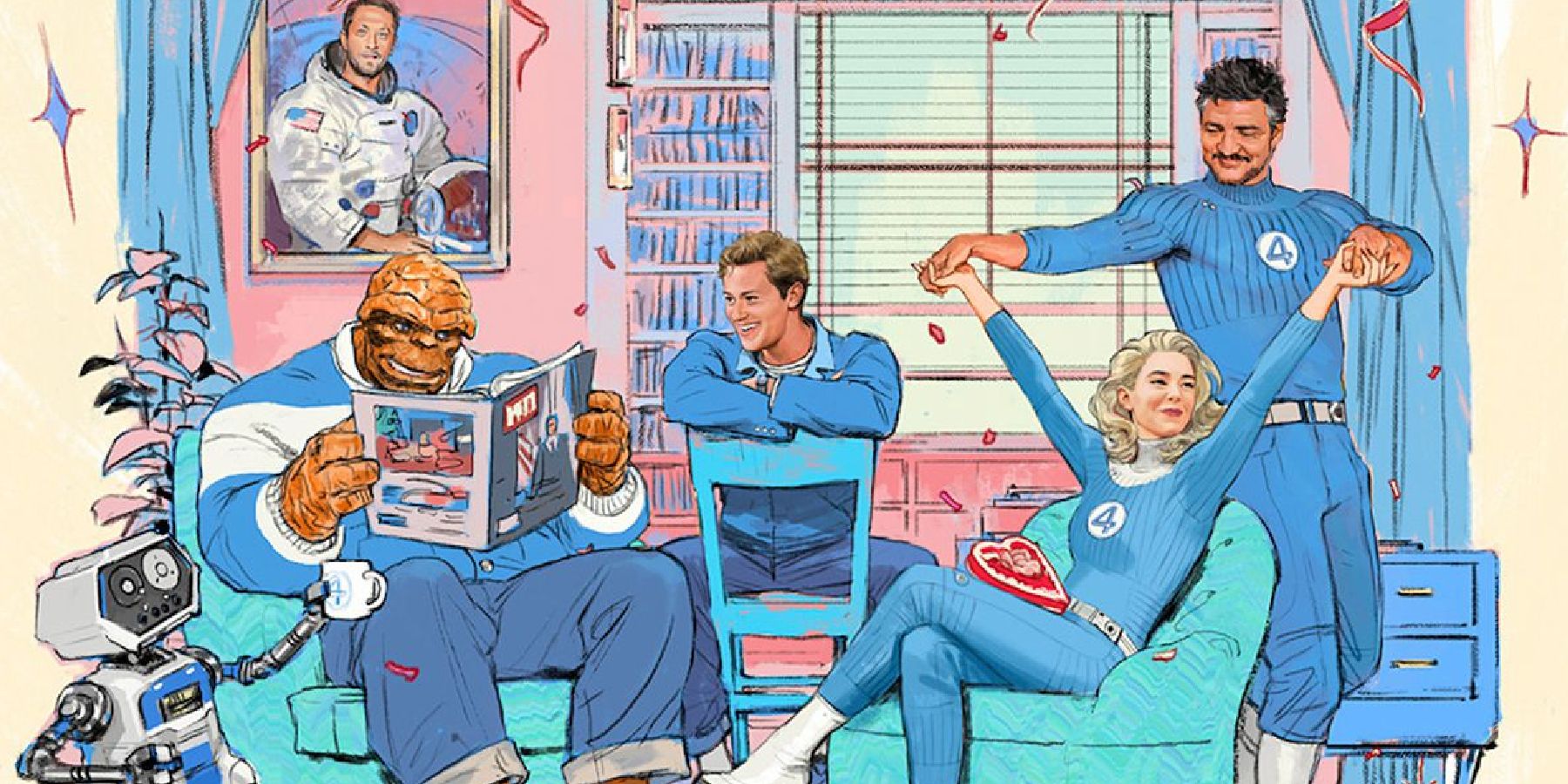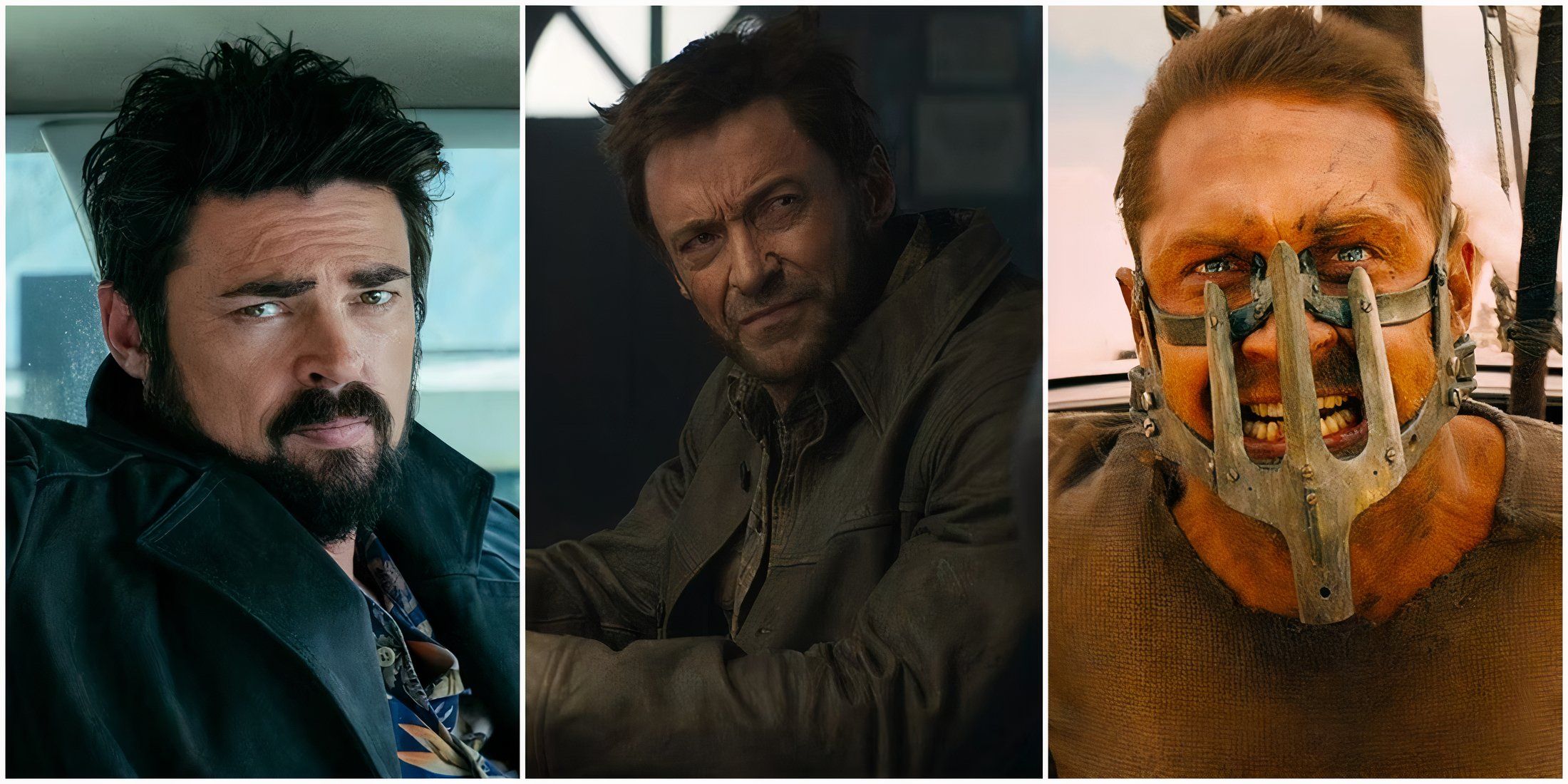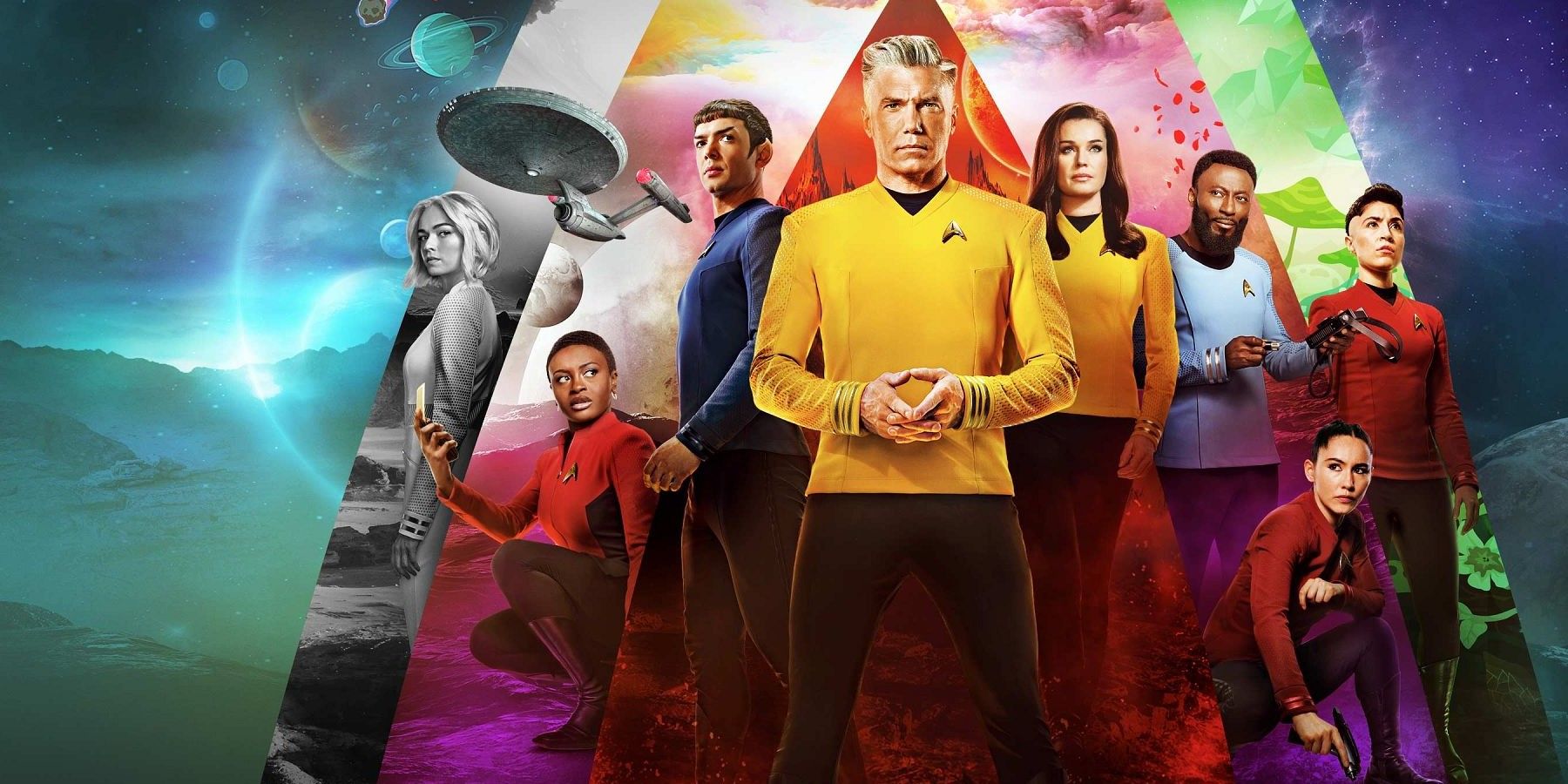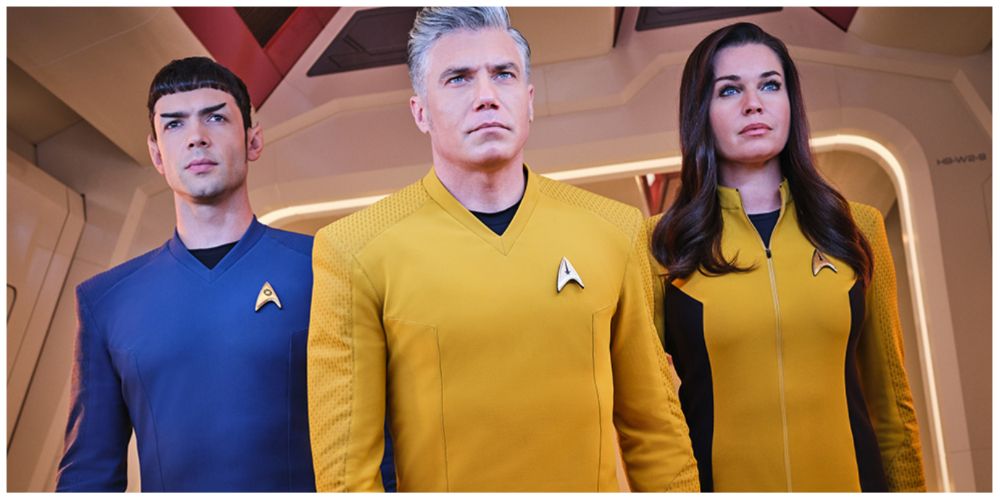Star Trek: Strange New Worlds season 2, episode 3 featured a fun-filled excursion through time. However, it also made a shocking change to well-known Star Trek lore.
The Star Trek episode brings up the significant historical event of The Eugenics War, a conflict that should have occurred between 1992 and 1996. Just as it sounds, the war centered around trying to harness the power of genetic engineering. Scientists attempted to improve the Human race by using augmentation and DNA tampering. One of these Augments was, of course, the iconic Star Trek villain Khan, which resulted in the ultimate banning of selective breeding. But in Strange New Worlds, when La'an Noonien-Singh time traveled to contemporary Toronto with an alternate timeline Kirk, it appeared that the Eugenics War had not occurred yet. La'an ran into her ancestor, Khan, who was only a child.
The best Star Trek movie established that Khan should have already gone through genetic augmentation, which started the Eugenics War in the first place. So what does this mean for the continuity of this event? Showrunner Akiva Goldsman sat down with CinemaBlend to further explain why they pushed the Eugenics War -- and The Wrath of Khan -- further into the future. “We want Star Trek to be an aspirational future,” Goldsman told the publication. “We want to be able to dream our way into the Federation as a Starfleet. I think that is the fun of it, in part. And so, to keep Star Trek in our timeline, we continue to push dates forward.” Goldsman argued that if they set the Eugenics War in the '90s, a contemporary audience would not find the story that they’re telling optimistic.
Strange New Worlds further hammers home this point when La'an has to decide whether to let the young version of Khan die in an assassination attempt or not. The Romulans sent back a time agent to kill a young Khan to stop humanity from progressing. But The Wrath of Khan viewers –and even Into Darkness of the Star Trek rebooted series– understand what a monster he becomes. Faced with an impossible choice, La'an ultimately decided against killing the child. This, after all, is what Star Trek is all about.
Star Trek is the one sci-fi franchise that is not a cautionary tale. As the title of Strange New Worlds refers to, Starfleet is all about going on exploratory missions. This universe has reached a generally utopian society. There is no need for money, and societal issues such as racism and sexism are a thing of the past. If ugly events like purposeful selective breeding happened in the '90s, then a modern audience can’t be hopeful for the future. As difficult as it is, La'an understood that she cannot kill an innocent child, despite the legacy of Khan. Similarly, Kirk made the ultimate sacrifice for what he believed in. And viewers didn't have to think about a reality where a war surrounding eugenics happened in the '90s.
Star Trek: Strange New Worlds is currently airing on Paramount Plus.
Source: CinemaBlend





